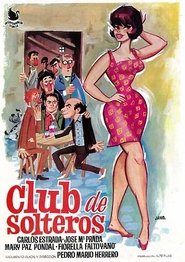detail profile fiorella faltoyano

Riwayat Hidup
Maria Blanca Fiorella Renzi Gil, known as Fiorella Faltoyano (Malaga, October 19, 1949) is a Spanish actress.
Dramatic pursuing studies in 1967 and debuted in the theater company Nati Mistral.
Almost simultaneously it featured in the movie "Club de Solteros" by Pedro Mario Herrero and achieved popularity as an actress in various television shows and as host of shows.
In 1977 he achieved his greatest success as a film star of "Asignatura Pendiente" by Jose Luis Garci.
Info Pribadi
Peran Yang Di Mainkan Fiorella Faltoyano
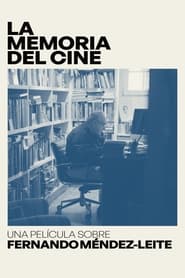 A look at the life and...
A look at the life and...The Memory of Cinema: A Film About Fernando Méndez-Leite 2023
A look at the life and work of Spanish filmmaker and film critic Fernando Méndez-Leite, as he writes his memoirs and a novel with autobiographical resonances.
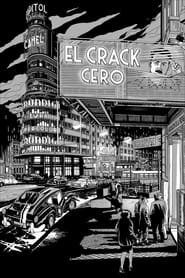 Madrid Spain 1975 shortly after the end...
Madrid Spain 1975 shortly after the end...The Crack: Inception 2019
Madrid, Spain, 1975; shortly after the end of the Franco dictatorship. Six months after the mysterious death of his lover, a prestigious tailor, a married woman visits the office of the young Germán Areta, a former police officer turned private detective, to request his professional services.
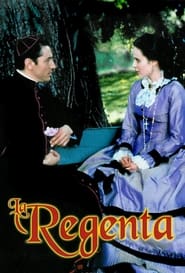 The imaginary city of Vetusta a...
The imaginary city of Vetusta a...La Regenta 1995
The imaginary city of Vetusta, a symbol of anachronistic and oppressive traditions, is the realm of hypocrisy and intolerance that makes Ana Ozores's life unbearable and inevitably tragic.
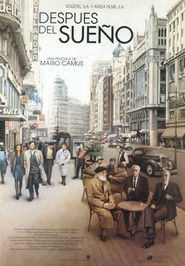 Ams is a sailor and owner...
Ams is a sailor and owner...After the Dream 1992
Amós is a sailor and owner of a ship. He is impatient with the arrival of his uncle who returns from the Soviet Union, after having exiled there after the Civil War. They have no time to meet because the old man unexpectedly dies. Amos knows, thanks to the letters his mother received, that his uncle had a treasure. However, this one is not among the objects that were in the old man's room.
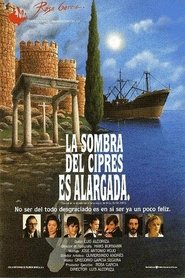 Avila early twentieth century Pedro a...
Avila early twentieth century Pedro a...La sombra del ciprés es alargada 1990
Avila, early twentieth century. Pedro, a boy of nine years, accompanied by his tutor, comes to live in the house of Don Mateo, a teacher that from that moment will be responsible for his education. Pedro begins an almost familiar relationship with Doña Gregoria and Martina, wife and daughter of his master. The appearance of Alfredo, and roommate and colleague of studies, complete the circle of his emotional environment. Provincial life, relationships with peers and the special relationship between life and death instilled by Don Mateo, definitely will influence his future life.
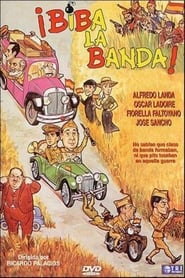 In 1938 at the height of the...
In 1938 at the height of the...¡Biba la banda! 1987
In 1938, at the height of the civil war, the musicians of the military band were very worried about their next concert. Agustín receives a letter from his girlfriend, who tells him about the difficulties he is going through with the rice harvest. She then decides to ask permission to go and help her, but as Lieutenant Urquiza refuses, she escapes. Two companions sent to bring him back, finally, stay with him. Also Sergeant Perez and several musicians who go looking for him stay with them.
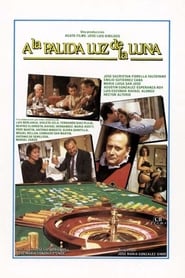 Carmen leaves her husband Julio to...
Carmen leaves her husband Julio to...A la pálida luz de la luna 1985
Carmen leaves her husband Julio to go live with an intellectual who has made a career in the United States. While, Julio goes away to live of rent to house of an aristocrat come to less. After meeting several colorful characters, Julio decides to recover Carmen.
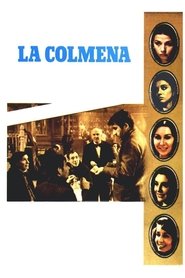 As in the novel of the...
As in the novel of the...The Beehive 1982
As in the novel of the same title from Camilo Jose Cela, "La Colmena" is a sad composition with the stories of many people in the Madrid of 1942, just the postwar of the spanish civil war. The main theme of the film is the contrast between the poets, surviving close to misery under the Franco's regime, and the winners of the war, the emerging class of the people that makes easy money with illegal business.
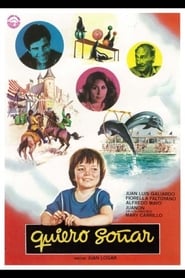 A boy lives with the last...
A boy lives with the last...I want to dream 1981
A boy lives with the last man his mother loved before she died, but a well-matched couple wants to stay with him and adopt him as their son due to their problems conceiving. Although the situation for the orphan is not the best after his mother died, little by little he will find happiness and overcome it in a water park. There he will become a great inseparable friend of the dolphins.
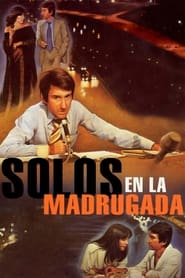 Jose a journalist and radio broadcaster...
Jose a journalist and radio broadcaster...Alone in the Dark 1978
Jose, a journalist and radio broadcaster, runs a daily program under the title 'Alone in the wee hours' ('Solos en la madrugada'), which has garnered a huge national audience as a satirical chronicle of Spanish society in the democratic transition of the late 1970s. Married and separated from Elena, Jose has two children, whom he only sees from time to time. Then he meets Maite, younger than him, outgoing and more open-minded than he wants. The emotional shock caused by his relationship with these two women will change his pessimistic view of life.
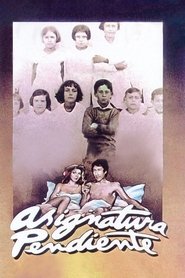 Joseph and Helen who had been...
Joseph and Helen who had been...Asignatura pendiente 1977
Joseph and Helen, who had been boyfriends, there meeting some years later and fall madly in love again, but now the two are married. His hard and clandestine love story addition is determined by the circumstances of the times in which they have lived: the last years of the Franco regime and the beginning of the transition.
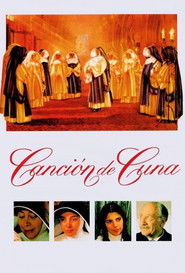 A group of nuns find an...
A group of nuns find an...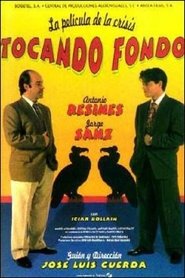 Andres de Granada a fortybenefit trade...
Andres de Granada a fortybenefit trade...

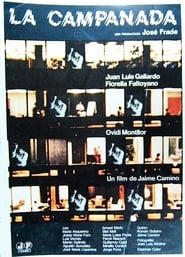
 Manoli and Fernando a couple of...
Manoli and Fernando a couple of... In order to access a more...
In order to access a more...